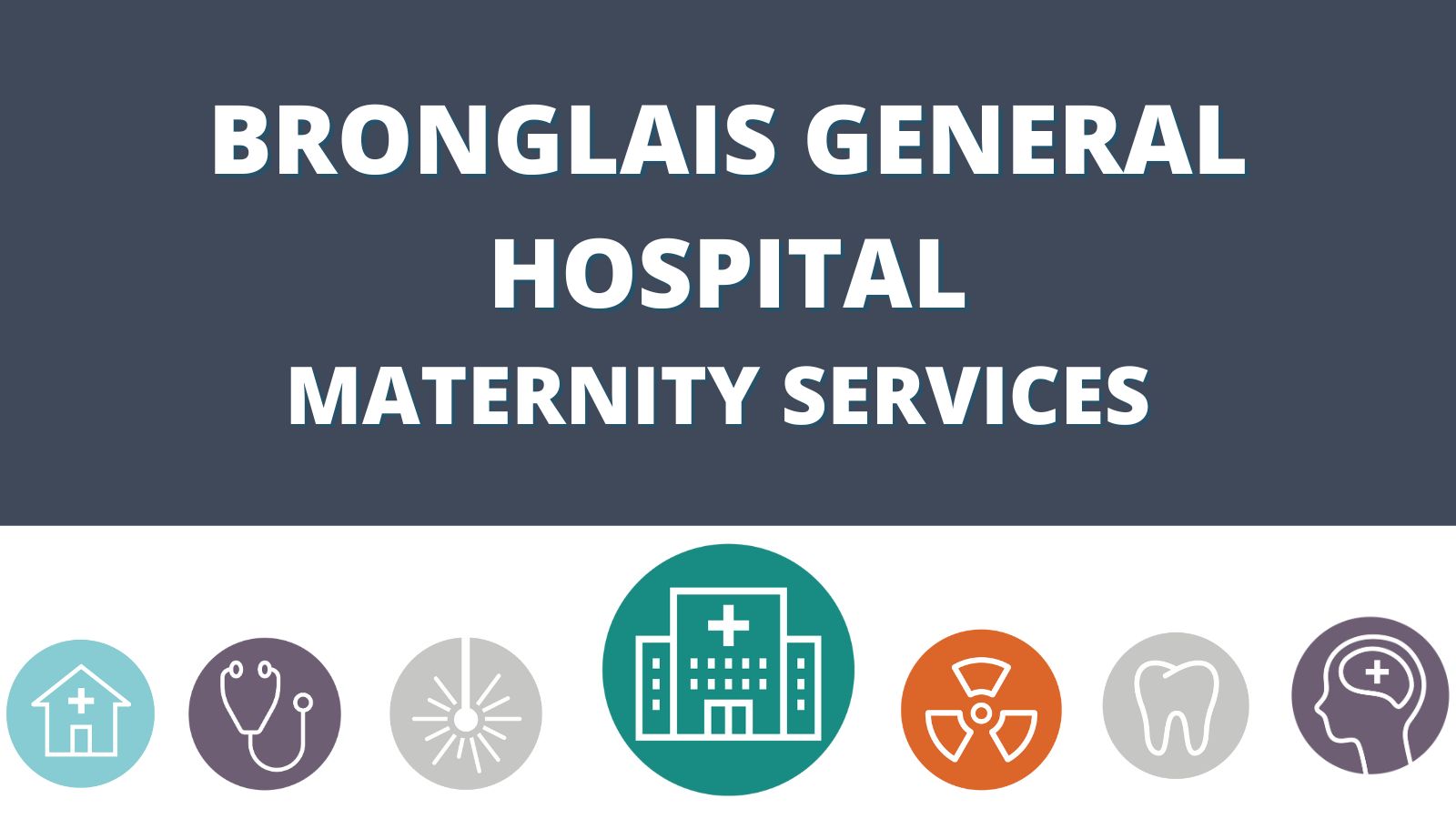Maternity Services praised at Bronglais General Hospital in Aberystwyth
Today, a report has been published by Healthcare Inspectorate Wales (HIW) following an inspection of the maternity unit at Bronglais General Hospital in Aberystwyth, run by Hywel Dda University Health Board.

Inspectors completed an unannounced inspection of the hospital’s maternity services across three consecutive days in August 2023, focusing on antenatal, labour, and postnatal care.
During this inspection, we found a dedicated team of staff, who were committed to providing a high standard of care to women, birthing people, and their families. Inspectors witnessed staff at all levels working well as a team to provide a positive experience, that was individualised and focussed on the needs of the women and birthing people they were providing care for. However, there were some improvements required including the need to improve rates of mandatory training and reviewing the unit’s resourcing. This included reviewing the on-call rota for midwives and scrub nurses, to ensure appropriately skilled staff were available onsite 24/7.
Inspectors observed staff providing kind and respectful care to women and birthing people and their families. When asked, all women and birthing people were positive about their care, the staff, and the maternity environment. HIW saw evidence that those with communication difficulties were identified and supported to effectively access services through the maternity passport scheme. The scheme can be used for neurodiversity, learning difficulties or any other communication difficulties to record communication needs of those receiving care. Inspectors witnessed staff speaking in Welsh and we were told by people using the services that the active offer of Welsh made a positive impact on their care. We found there were instances where the process of discussion, explanation and recording of birth choices needed to be improved. In a small number of cases we found the documentation within records did not adequately demonstrate the risks and benefits around birth choices. We also received some direct feedback from women and birthing people that they would have appreciated more information to help them prepare in the event of needing an assisted birth or caesarean section.
The birthing and delivery rooms were light and spacious with individual ensuite rooms and modern facilities. Inspectors saw evidence to confirm that equipment and rooms had been cleaned appropriately with completed, dated check lists in place. We were assured of the process for deep cleaning rooms and equipment following use by infectious patients. During the inspection, throughout the unit, HIW found comprehensive security measures were in place to ensure that families and babies were kept safe. Access to all areas was restricted by locked doors, which were accessible with a staff pass or by a member of staff approving entrance through an intercom. There were comprehensive dynamic risk assessments and escalation processes in place to keep women, birthing people, and babies safe. Patient records promoted patient safety and we found there were robust processes in place for the management of clinical incidents, ensuring that information and learning is shared across the service.
Staff described a positive culture with good, supportive leadership. A clear management structure was in place with clear lines of reporting and accountability. Managers were visible, approachable, and receptive to feedback.
Inspectors noted that compliance with mandatory obstetric emergency (PROMPT) training in some teams was low at 30% and we required immediate assurance from the health board that this would be addressed without delay. The health board must ensure staff are completing this training to reduce risks to newborns, women and birthing people.
We were told that when midwives are providing care to a neonate, a midwife is no longer available on the acute area of the ward. We reviewed escalation processes in place to ensure that women and birthing people who are in labour continue to receive appropriate midwifery care. The on-call rota is staffed by community-based midwives who, due to their role, do not support obstetric births as often as regular labour ward staff. During our inspection we heard from community-based midwifery staff who were concerned about being used to support obstetric births at times of high ward acuity. The health board should review the on-call rota process to ensure that appropriately skilled staff are available to support the obstetric unit in times of increased acuity on the ward.
Healthcare Inspectorate Wales Chief Executive Alun Jones said:
‘It is positive to see the dedication and commitment of staff in delivering a high-quality maternity service to women, birthing people, babies and their families. Some improvements are required around mandatory staff training and resourcing which the health board must ensure are reviewed and actioned. We will be working with the health board to ensure these improvements are made and evidenced.’